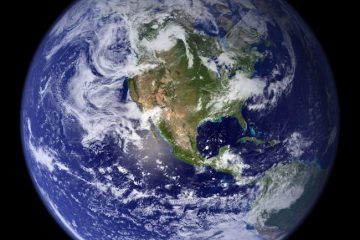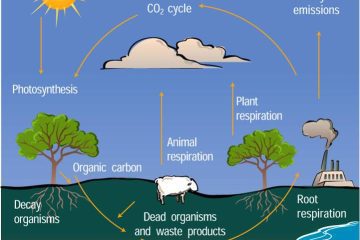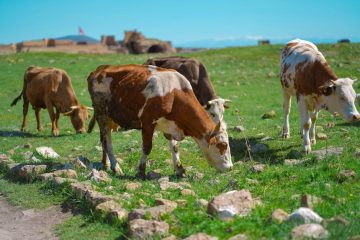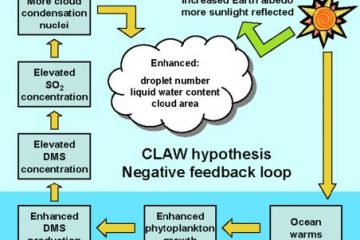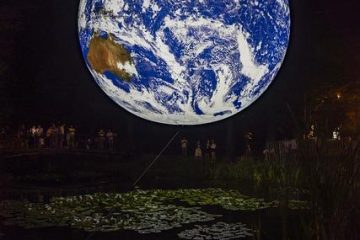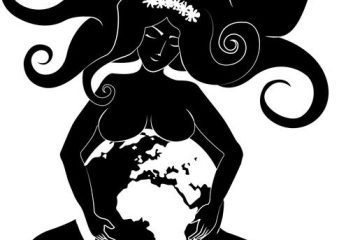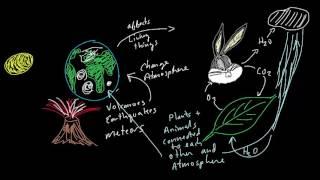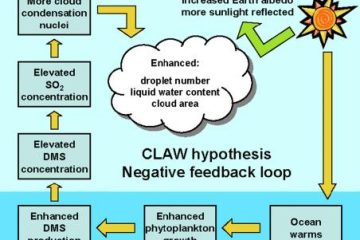Gaia hypothesis
gaia hypothesis video
Discover the Gaia Hypothesis through captivating visuals in this engaging video. Explore the idea of Earth as a living organism, where all life forms interact in a delicate balance. Dive into the science behind our planet’s interconnected systems.
